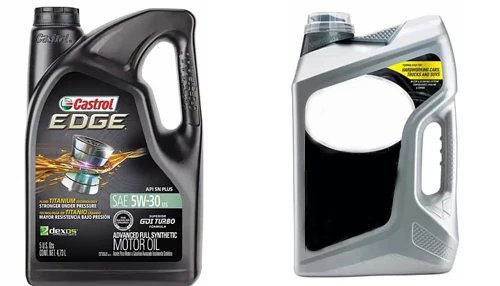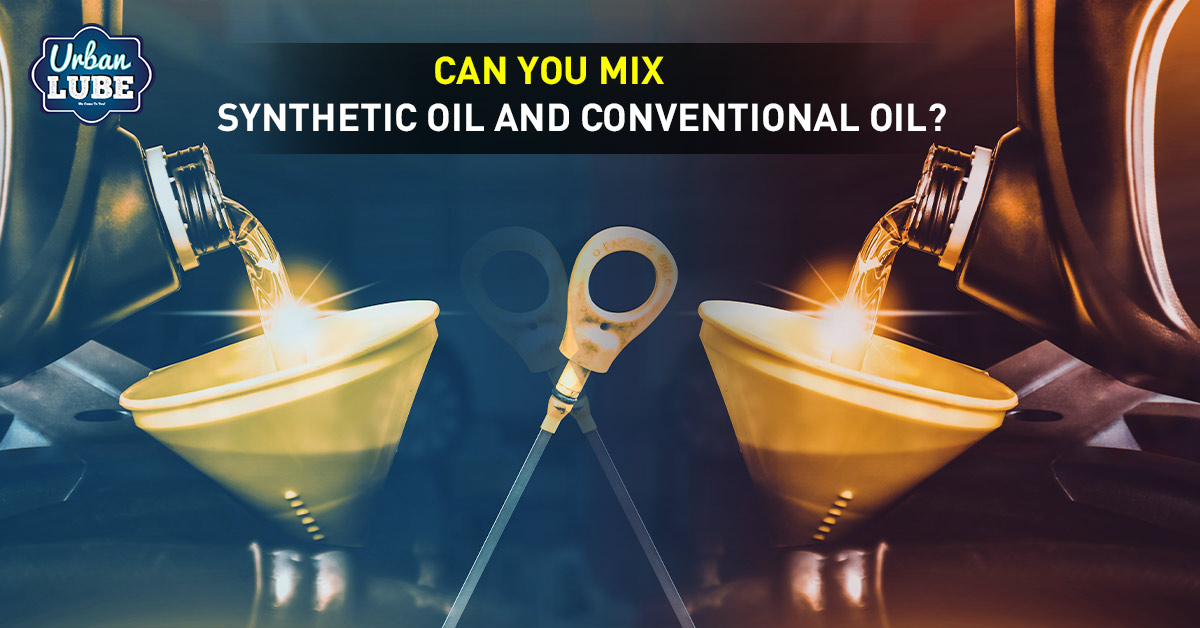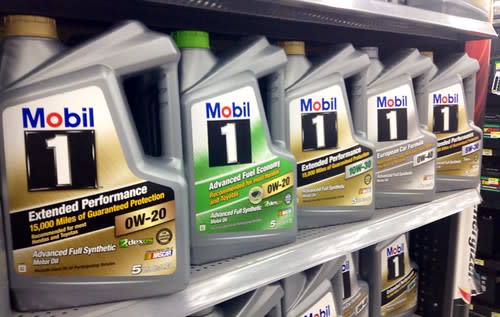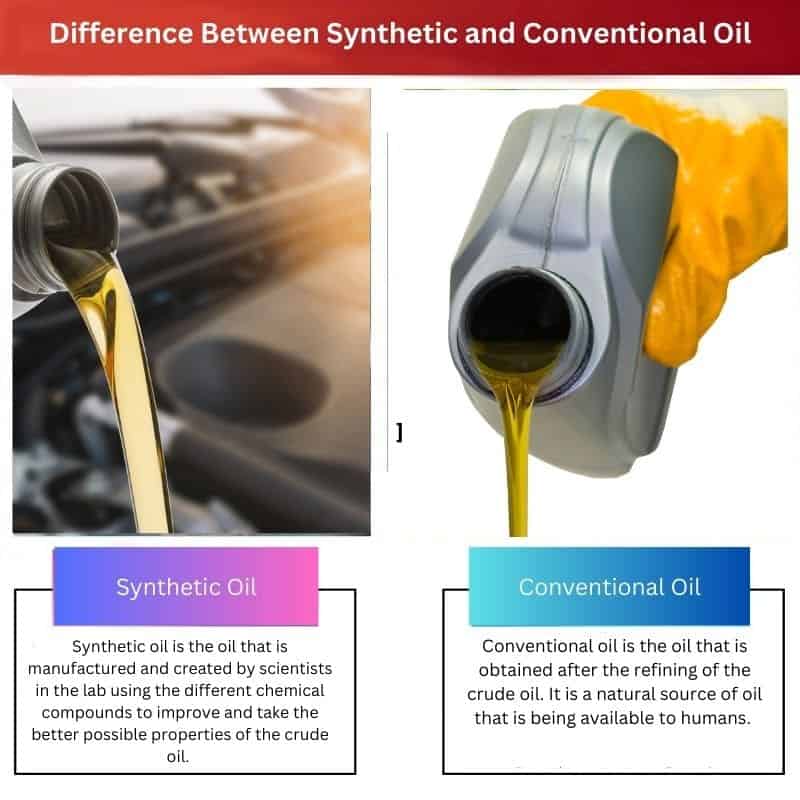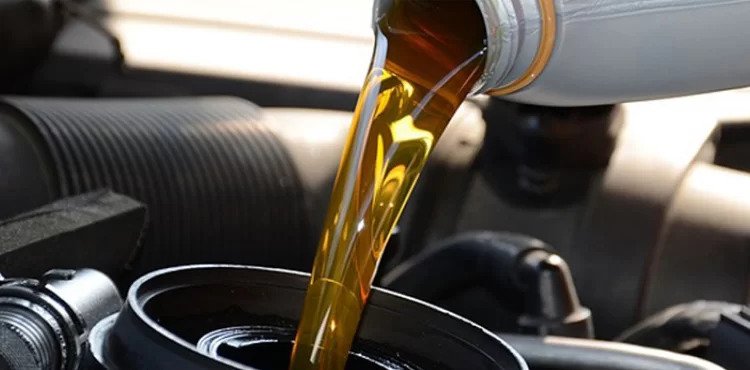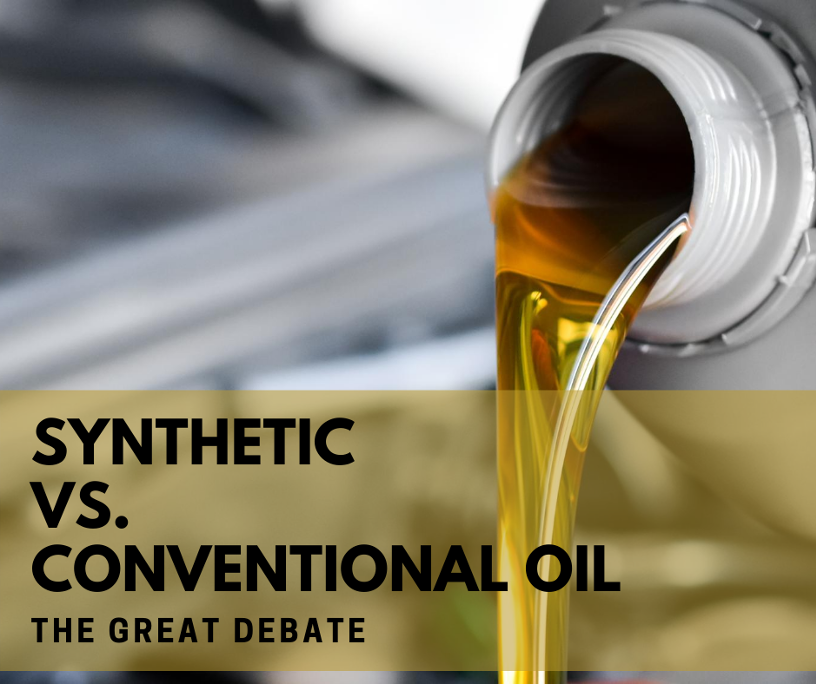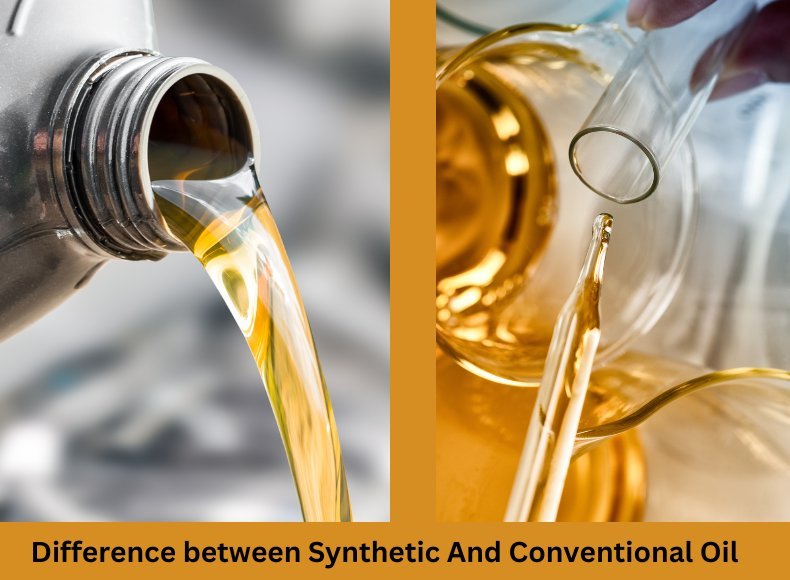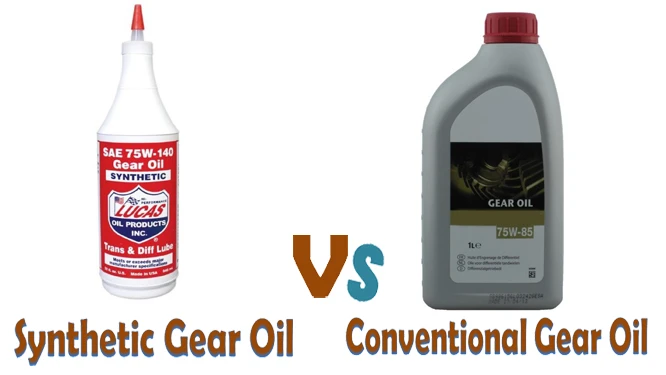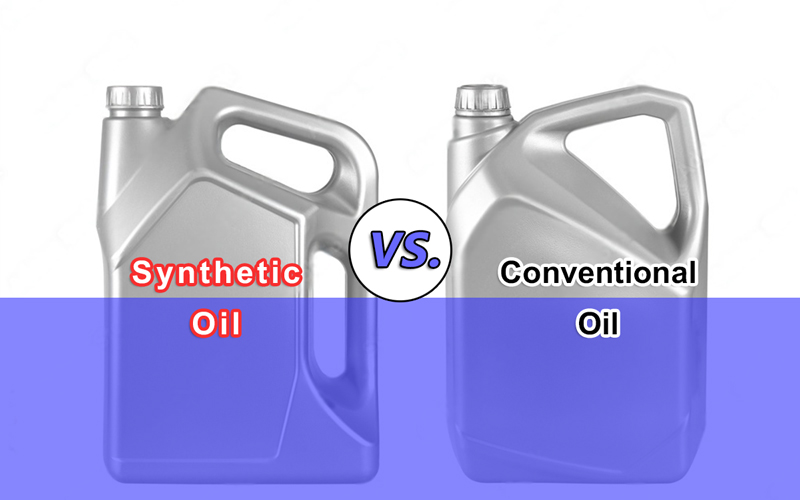What Happens When You Mix Conventional Oil With Synthetic Oil

The debate surrounding motor oil has long divided car enthusiasts and everyday drivers alike. A common question, often met with conflicting answers, is: what happens when you mix conventional and synthetic oil?
Understanding the implications of mixing these two types of oil is crucial for maintaining engine health and preventing potential problems. This article explores the facts, dispels common myths, and provides insights from industry experts.
The Basic Components
To understand the consequences, it's essential to first grasp the fundamental differences between conventional and synthetic motor oil. Conventional oil, also known as mineral oil, is derived directly from crude oil.
Synthetic oil, on the other hand, undergoes a more complex refining and chemical modification process. This results in a more uniform molecular structure and enhanced performance characteristics.
Is Mixing Oils Damaging? The Truth
The short answer is no, mixing conventional and synthetic oil is not inherently damaging to your engine. According to statements from major oil manufacturers like Mobil and Pennzoil, the two types are compatible.
However, the real question is whether it's optimal. Mixing the two essentially dilutes the benefits of the synthetic oil.
The Dilution Effect: Reduced Benefits
Synthetic oils are designed to offer superior protection against wear, better high and low-temperature performance, and improved resistance to oil breakdown (oxidation). These are some of the benefits that may be diluted.
When you mix conventional and synthetic oil, you are essentially creating a blend that performs somewhere between the two. The blend won't offer the full advantages of a fully synthetic product.
For example, if you're using synthetic oil for its extended drain interval capabilities, mixing it with conventional oil will negate that benefit. You'll need to adhere to the shorter drain interval recommended for conventional oil.
Why Mixing Might Happen
There are several scenarios where mixing might occur. One common situation is when a driver is low on oil and doesn't have access to the same type of oil that's already in the engine.
In such cases, topping off with whatever is available is often seen as preferable to running the engine with a critically low oil level. Another scenario is during oil changes, where a small amount of the old oil may remain in the engine even after draining.
Expert Opinions and Recommendations
Automotive experts generally agree that using a fully synthetic oil is the best option for optimal engine protection and performance.
"While mixing isn't going to cause immediate engine failure, it's not ideal," says John Smith, a certified mechanic with 20 years of experience.
He adds, "You're essentially compromising the benefits you paid extra for with synthetic oil. It’s always best to use the same type and grade of oil recommended by the vehicle manufacturer."
Most manufacturers recommend adhering to the oil specification outlined in the owner's manual. This typically includes a specific oil weight (e.g., 5W-30) and a performance standard (e.g., API SN).
Potential Long-Term Effects
While a one-time mix is unlikely to cause significant harm, repeated mixing or prolonged use of a blend may have long-term consequences. These consequences are mainly related to the compromised performance of the oil.
For example, reduced resistance to oxidation can lead to sludge buildup, which can restrict oil flow and increase engine wear. Similarly, diminished high-temperature protection can increase the risk of overheating and engine damage under demanding conditions.
The Cost Factor
Synthetic oils are typically more expensive than conventional oils. Some drivers may be tempted to mix the two to save money.
However, it's essential to consider the long-term cost implications. The improved protection and performance offered by synthetic oil can potentially extend engine life and reduce the need for costly repairs.
Addressing Common Myths
Several myths surround the mixing of motor oils. One common misconception is that mixing synthetic and conventional oil will cause the oil to gel or separate.
This is generally not true. Both types of oil are designed to be compatible and will remain mixed in a stable solution.
Another myth is that mixing oils will void your vehicle's warranty. This is also generally false, unless the manufacturer specifically prohibits mixing oils in the owner's manual.
Conclusion: Make an Informed Decision
Mixing conventional and synthetic oil is not inherently harmful, but it's also not ideal. It diminishes the benefits of synthetic oil and may compromise long-term engine protection.
For optimal engine health, it's best to use the type and grade of oil recommended by your vehicle manufacturer and to avoid mixing different types of oil whenever possible.
In emergency situations, topping off with a different type of oil is acceptable, but it's recommended to change the oil as soon as possible to maintain optimal engine performance. Prioritizing regular maintenance with the right oil is a key factor in ensuring the longevity and reliability of your vehicle.
